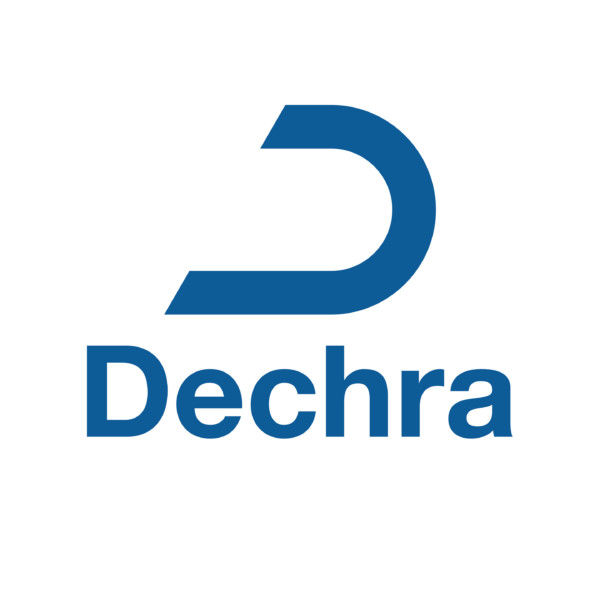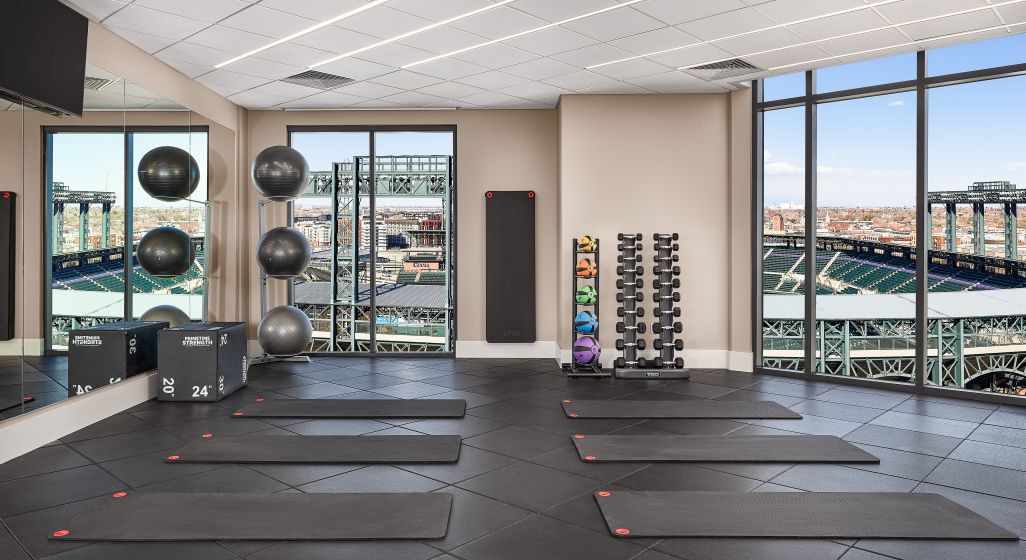ACVAA Annual Meeting Denver CO 2024September 25 - 27, 2024
$250
 The ACVAA American College of Veterinary Anesthesia and Analgesia will be holding the 2024 annual meeting in Denver CO September 25-27, 2024 at the Rally Hotel.Visit the website at ACVAA.org
The ACVAA American College of Veterinary Anesthesia and Analgesia will be holding the 2024 annual meeting in Denver CO September 25-27, 2024 at the Rally Hotel.Visit the website at ACVAA.org
REGISTRATION RATES
- GENERAL REGISTRATION — $850
- DIPLOMATE ACVAA/ECVAA/NAVAS MEMBER — $750
- VETERINARY TECHNICIANS — $500
- RESIDENTS — $250
Cancellations are allowed up to 30 days prior to the conference. Cancellations will receive a refund less the $100 non-refundable portion.
The American College of Veterinary Anesthesia and Analgesia exists to promote the highest standards of clinical practice of veterinary anesthesia and analgesia and defines criteria for designating veterinarians with advanced training as specialists in the clinical practice of veterinary anesthesiology. The ACVAA issues certificates to those meeting these criteria, maintains a list of such veterinarians, and advances scientific research and education in veterinary anesthesiology and analgesia.
CLICK THE LINK BELOW TO BE DIRECTED TO THE CATALYST SITE AND A FULL DESCRIPTION OF THE ABSTRACT REQUIREMENTS:
General Information regarding ACVAA Abstract Submission and Presentation – 2024
Deadline for abstract submission is 11:59 p.m. (PDT) April 29th, 2024.
Thank you to our sponsors:

Your Destination
The Rally Hotel

Referring Code/Group Name: ID: ACVAA
Room Rate: Rate:$289 plus 15.75% State, City and Local Taxes plus 3% McGregor Square Improvement Fee. Add $15 for destination amenity fee per room per night
The Rally block is sold out. We have a block of rooms secured at the MAVEN. This is a 2 minute walk to the Rally.
Use the booking link or call in and identify yourself as part of the ACVAA group. You may also email reservations@therallyhotel.com
You can extend your stay 2 days before or after at The Rally Hotel at the same rate as long as rooms are available.
Cancellations can be made up until 12pm local time, 48 hours prior to arrival, in order to avoid forfeiting one evening's room and tax charges. All reservations must be guaranteed prior to arrival with a major credit card.
Check-in time 4pm. Every effort is made to accomodate delegates arriving before the check-in time. Check-out time is 11 am.
Getting There
Airport Distance: 22-30 minutes from Denver International Airport (DEN).
Our location right next to Coors Field is just two blocks away from Denver Union Station, providing easy access to RTD bus routes, light rail lines and Amtrak.
Once you're here, you're right in the middle of all the action of McGregor Square. Want to get out and explore? You're just a short walk to some of Denver's best dining, attractions, shops and more. Learn more about things to do in LoDo and beyond on our Discover Denver page.
Small Animal Track

Baseline Ballroom
Invited speakers:
Ana Fernandez-Bustamante, MD, PhD. University of Colorado Anschutz Medical Campus, School of Medicine
Dr. Fernandez-Bustamante is a professor of Anesthesiology and will cover in her lecture physiological aspects of mechanical ventilation and associated complications from the different ventilation modalities.
Thomas Henthorn, MD. University of Colorado Anschutz Medical Campus, School of Medicine.
Dr. Henthorn is a professor of Anesthesiology and Chair, and also has a specialty in Clinical Pharmacology. His lecture will cover pharmacological aspects of anesthetic/analgesic drugs and their clinical applications.
Troy Butler, MS, PhD, University of Colorado, Department of Mathematical and Statistical Sciences
Dr. Butller is a professor mathematician interested in probabilistic inversion, model sensitivity, and uncertainty quantication for nonlinear systems, including models from biology, chemistry, climate, geometry, and ecology with the specific goal of parameter estimation. His topic will focus on general considerations for research planning and uncertainty quantification models to predict outcomes in research.
Jonathan Chow, MD. GW Medical Faculty Associates, The GW School of Medicine and Health Sciences
Dr. Chow will cover in his first lecture the latest developments in the resuscitation of a patient in septic shock, focusing specifically on commonly used vasopressors such as Norepinephrine, Vasopressin, Epinephrine; ones that used to be popular such as methylene blue, hydroxocobalamin, and Vitamin C, as well as the use of more cutting-edge therapeutics and diagnostics such as Angiotensin II and renin.
The second lecture will discuss upcoming therapies, including the use of extracorporeal blood purification filters in septic shock and the mechanisms for the 4 most popular blood purification filters that are either on the market or in development.
Presentation Synopsis
WEDNESDAY, SEPTEMBER 25, 2024
Lectures by invited speakers and ACVAA Diplomates.
12:00–1:15 pm Welcome Invited Speaker
Ventilation/Lung injury
Ana Fernandez-Bustamante, MD, PhD. University of Colorado Anschutz Medical Campus, School of Medicine.
1:15–2:30 pm Invited Speaker
Pharmacokinetics/Pharmacodynamics of Anesthetic Drugs
Thomas Henthorn, MD. University of Colorado Anschutz Medical Campus, School of Medicine.
2:30–3:00 pm Break
3:00–4:00 pm Invited Speaker
Uncertainty quantification models in research
Troy Butler, MS, PhD, University of Colorado, Department of Mathematical and Statistical Sciences
4:00–5:00 pm Patient safety in veterinary anesthesia
ACVAA Diplomate, Lydia Love
5-6pm Welcome Reception Wynkoop Terrace Sponsored by Dechra Pharmaceuticals
6-7:30pm ACVAA Business Meeting
THURSDAY, SEPTEMBER 26, 2024
Abstracts 2 Rooms all day
PROGRAM:
Small Animals room
9:00–10:30 pm Small Animal Focused Abstracts
10:30–11:00 am Break
11:00–12:00 pm Small Animal Focused Abstracts
12:00–1:30 pm Lunch
1:30–3:00 pm Small Animal Focused Abstracts
3:00–3:30 pm Break
3:30–5:00 pm ACVAA Training Standards Discussion ACVAA Diplomates Only
6-8pm Residents Award Dinner Legends Hall
FRIDAY, SEPTEMBER 27, 2024
Lectures by invited speakers and ACVAA Diplomates.
8:00–9:15 am Invited Speaker
Resuscitation of the patient in septic shock
Jonathan Chow, MD. GW Medical Faculty Associates, The GW School of Medicine and Health Sciences.
9:15–10:30 am Invited Speaker
Upcoming therapies for septic shock: Extracorporeal blood purification filters
Jonathan Chow, MD. GW Medical Faculty Associates, The GW School of Medicine and Health Sciences
10:30–11:00 am Break
11:00 am–12:00 pm Co-induction techniques in small animals: critical review of their advantages
ACVAA Diplomate, Amber Hopkins
12:00–13:00 pm Panel discussion on business models for the anesthesiologist
ACVAA Diplomates, Bonnie Gaston (moderator)
1 pm ACVAA Annual Meeting Concludes
Abstracts/Large Animal Track

Wynkoop Ballroom
Presentation Synopsis
September 26th
Large and Exotic Animals room
9:00–10:30 pm 6 Abstracts
10:30–11:00 am Break
11:00–12:00 pm 4 Abstracts
12:00–1:30 pm Lunch
1:30–3:00 pm 6 Abstracts
3:00–3:30 pm Break
3:30–5:00 pm 6 Abstracts
6-8pm Residents Award Dinner Legends Hall




